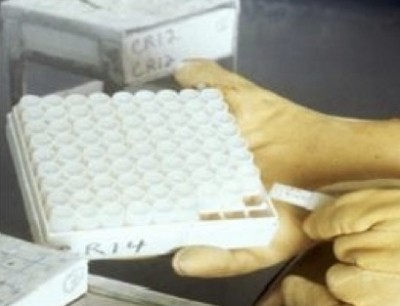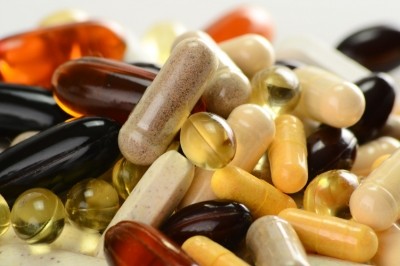FDA extends NDI comment period to Dec. 12

The guidance has had a convoluted history, which has had a precedent in the desultory institution by FDA of some of the key aspects of DSHEA, the Dietary Supplements Health and Education Act, which was signed into law in 1994. One of the key provisions of that law, perhaps its most important aspect, was the institution of Good Manufacturing Practice guidelines for companies manufacturing and distributing finished dietary supplement products. Despite the critical nature of this portion of the law, which is meant to ensure that dietary supplements are consistently manufactured correctly and safely and that companies can prove they are doing this, it took 16 years before the GMP guidelines were set down and the rules took final effect for all tiers of the industry.
Protracted path
So it should come as no surprise that the NDI draft guidance has taken a similar protracted path. The publication of the first draft of this guidance, which lays out FDA’s thinking about how to prove the safety of NDIs and which ingredients fall into this category, came in 2010. That first go round generated significant push back within the industry. Among the chief bones of contention were the matter of whether the process was ingredient-centric or was about proving the safety of every finished product that contains an NDI; what constitutes ‘chemical alteration’ profound enough that an Old Dietary Ingredient (on on the market as of Oct. 15, 1994) would now be different enough to warrant the submission of new safety information; whether so-called ‘bioidentical’ (synthetic) ingredients should be allowed and so forth. The disagreements were contentious enough that FDA finally agreed to reissue the draft following a series of high level meetings with industry stakeholders.
FDA published the updated NDI guidance on Aug. 12 of this year. Industry observers, seeking to avoid a confrontational start to the comment process, stressed that some of their concerns about the first draft have been addressed. In particular, better IP protection was written into the updated draft with the institution of ‘master files’ that would allow an initial filer of an NDI Notification to designate which portions of the technical specifications contained within the filing could be kept confidential to forestall follow on companies from building on their processes. And the agency left the door open in the latest draft for the compilation of an agreed-upon list of Old Dietary Ingredients and a specification for how to prove this status for a given ingredient.
Problems remain
But other aspects of the updated draft are seen as still being problematical. Rather than taking a step toward the industry’s position that this process should be about proving the safety of given ingredients and should not be based on finished products, the updated draft seems to move in the opposition direction. The new draft states that companies should file a notification on every new finished product that contains an NDI, and that the addition of an NDI to an existing formulation would also require new filing. This provision, if fully implemented, is anticipated to result in many hundreds if not thousands of new notifications to FDA every year, with serious doubts about the agency’s ability to handle that workload with existing manpower. (A somewhat analogous premarket notification process that was instituted in Canada resulted in a years-long backlog.)
And the updated draft did not soften its stance on chemical alteration. For example, supercritical CO2 extraction, which was not commonly used in the dietary supplement industry prior to 1994, was singled out as one of the manufacturing changes that would chemically alter an Old Dietary Ingredient enough that a new safety dossier would need to be submitted. A number of companies that use this technology have objected strongly to this provision, saying that the resulting extract is simply a cleaner, purer version of what could be obtained with older extraction means and does not alter the safety profile in any meaningful way.
Another potentially problematical aspect that the updated draft did not budge on the agency’s earlier position on bioidentical compounds. FDA’s position is that these substances do not meet the definition of dietary ingredients as set forth in DSHEA. FDA states that these synthetic substances are not literally derived from plants, however much they may resemble substances that are, and are therefore not legal dietary ingredients. This leaves up in the air the status of a number of synthetic ingredients that are on the market that rely on self-affirmed GRAS status for their regulatory underpinning.
For instructions on how to submit comments, click here.









